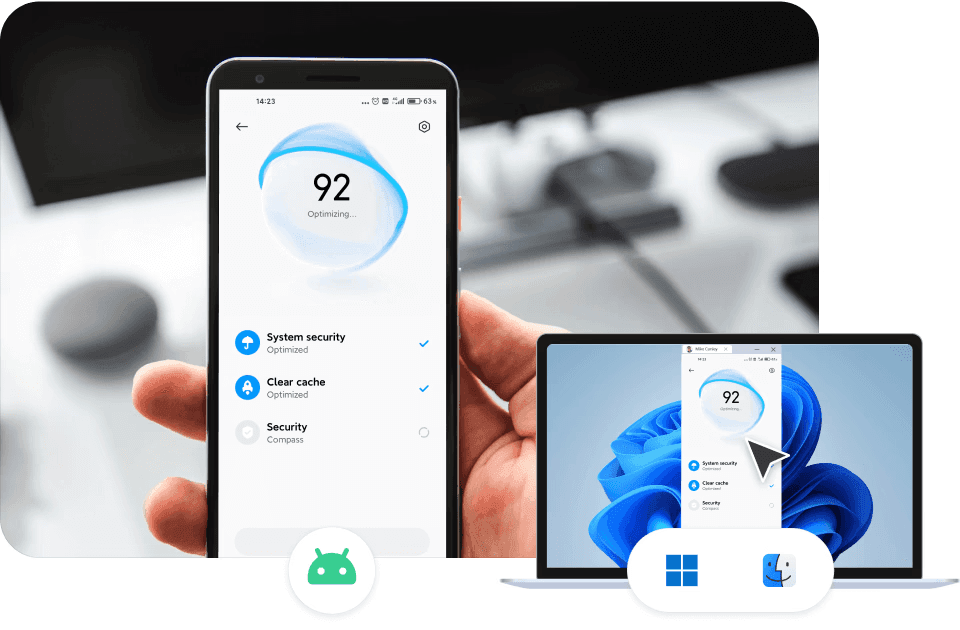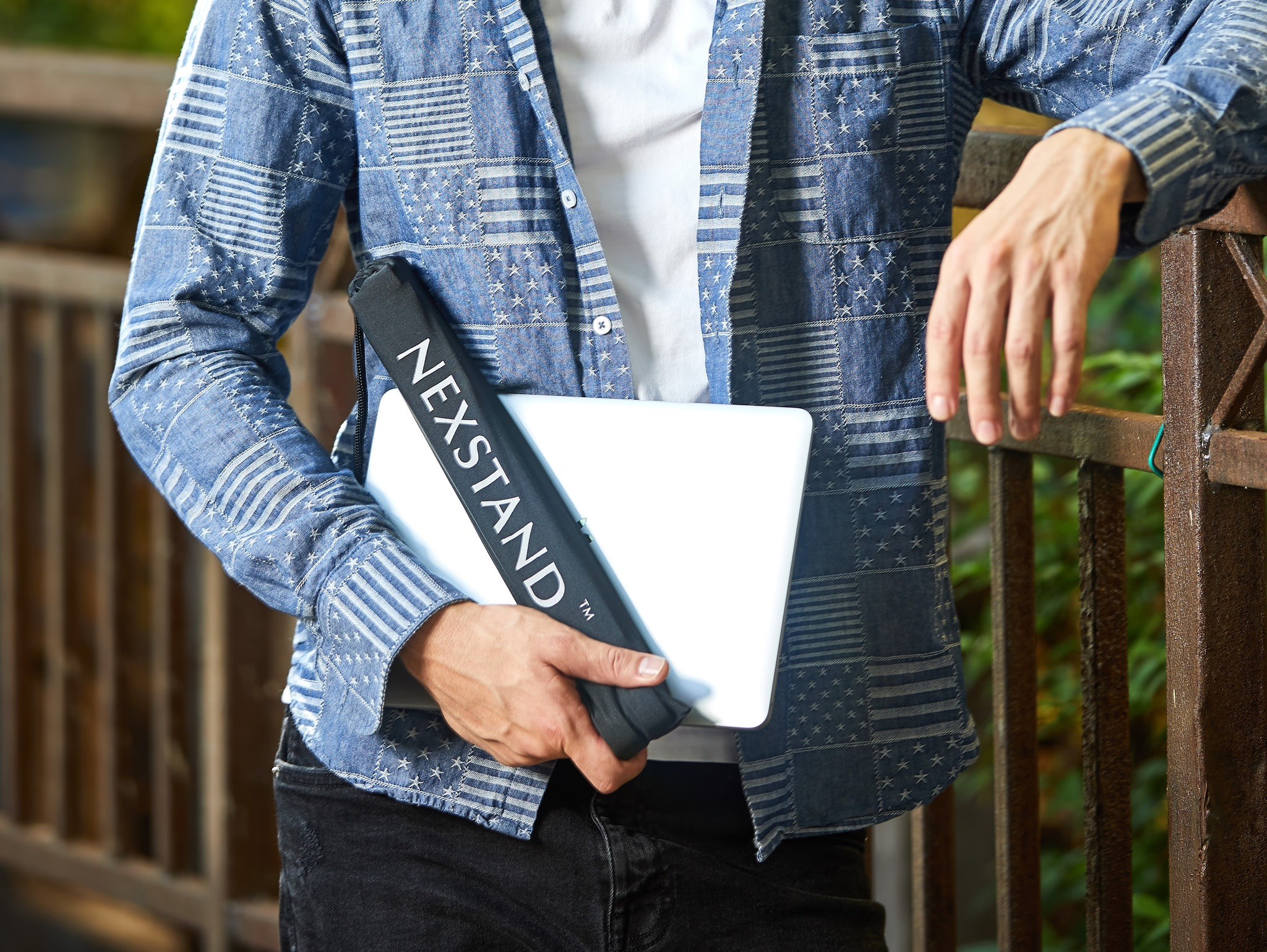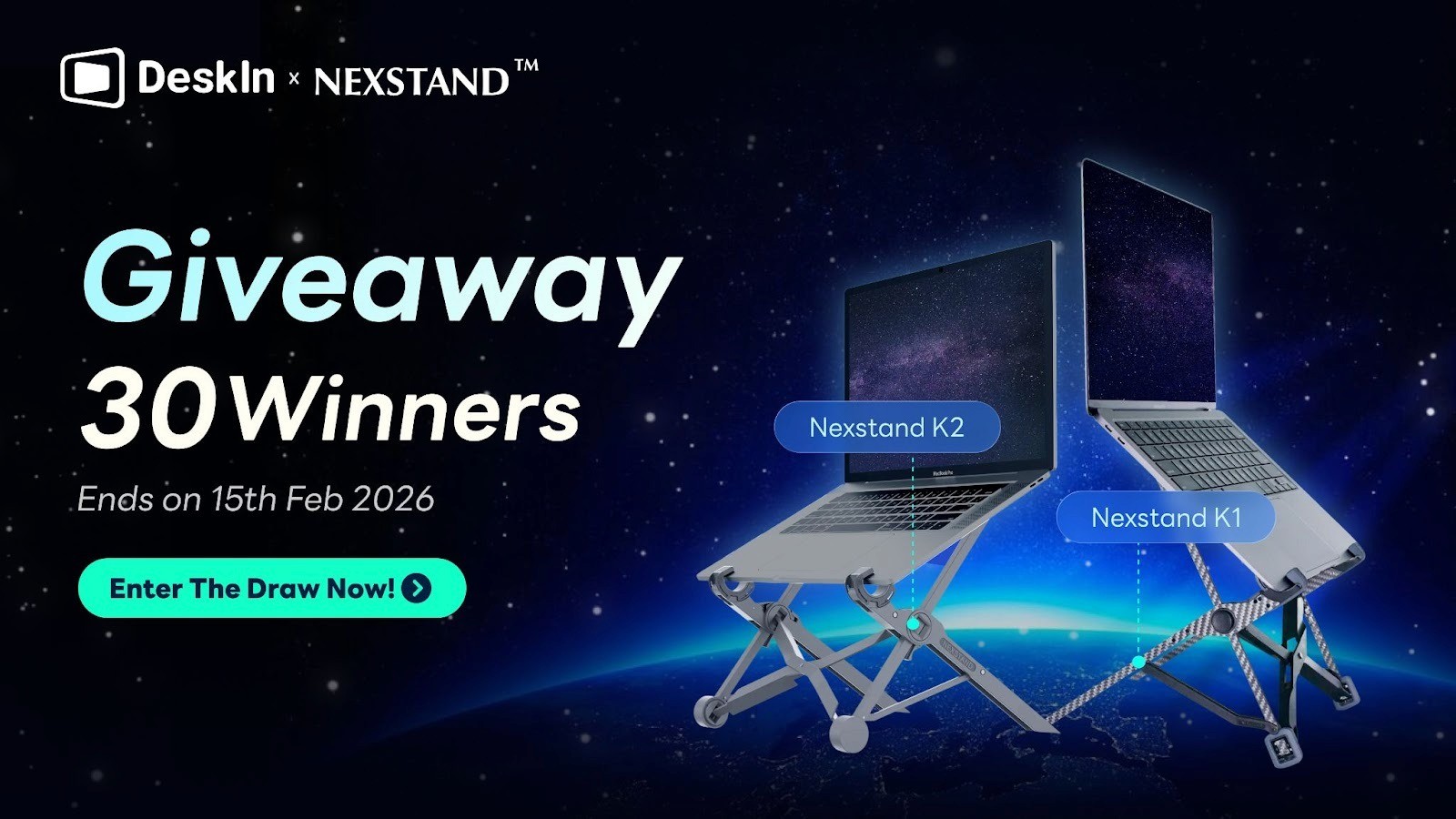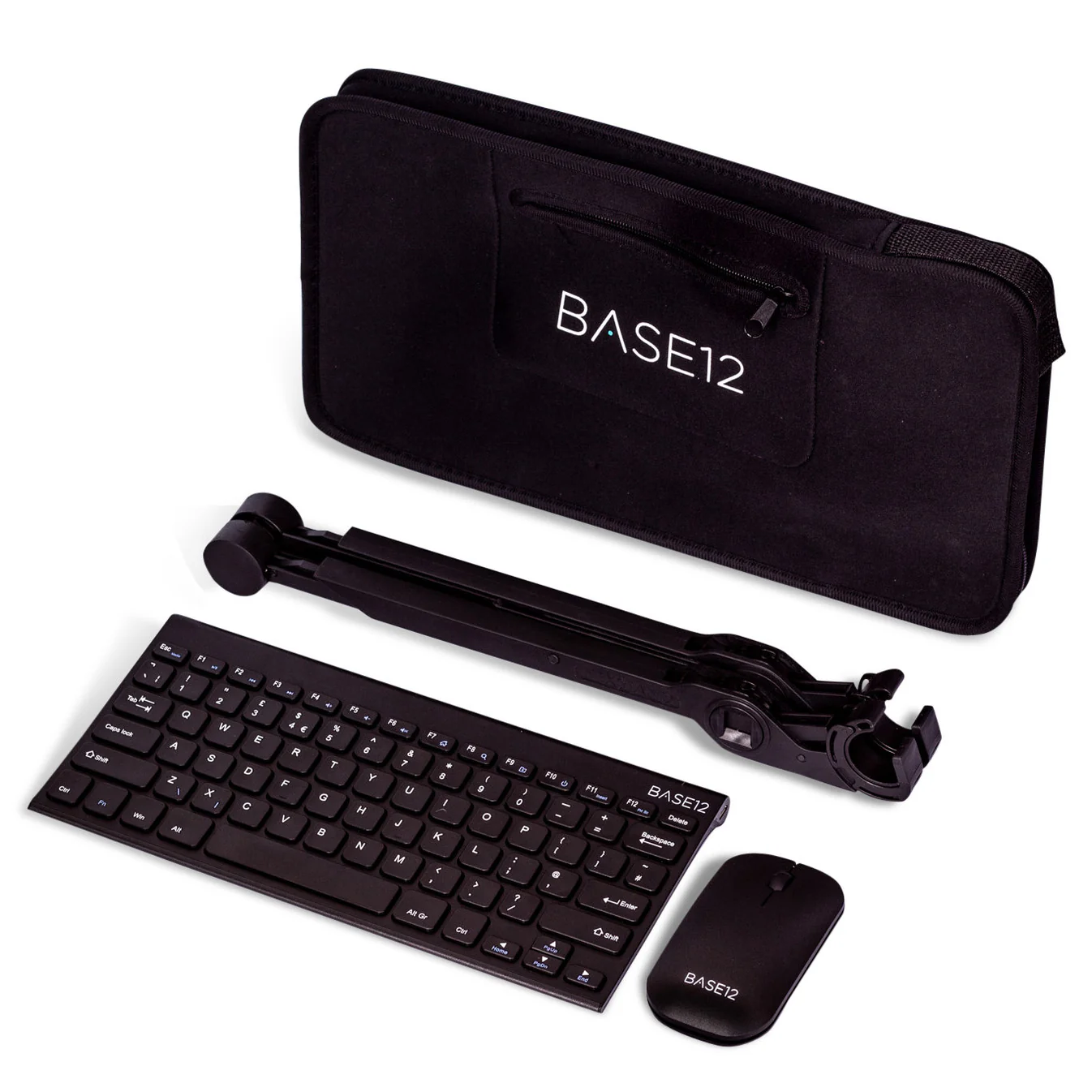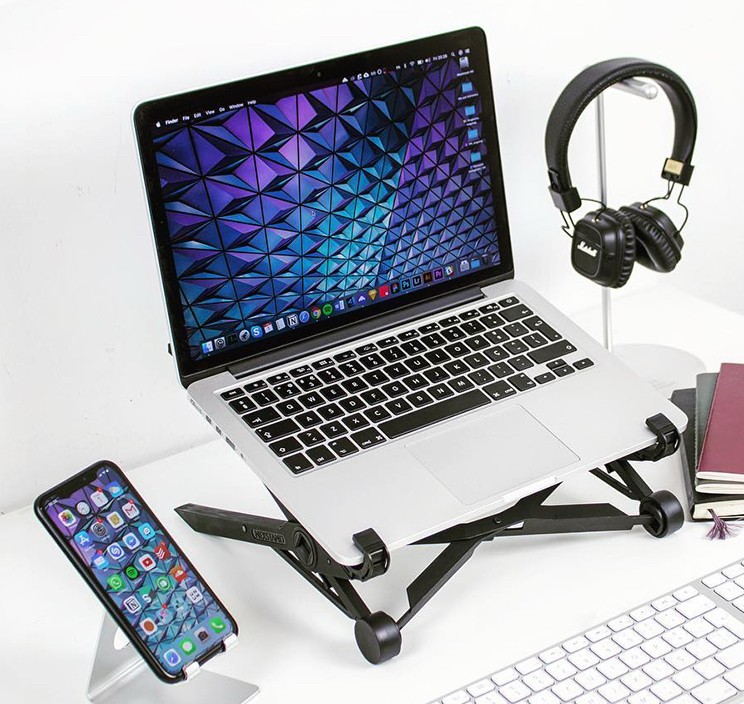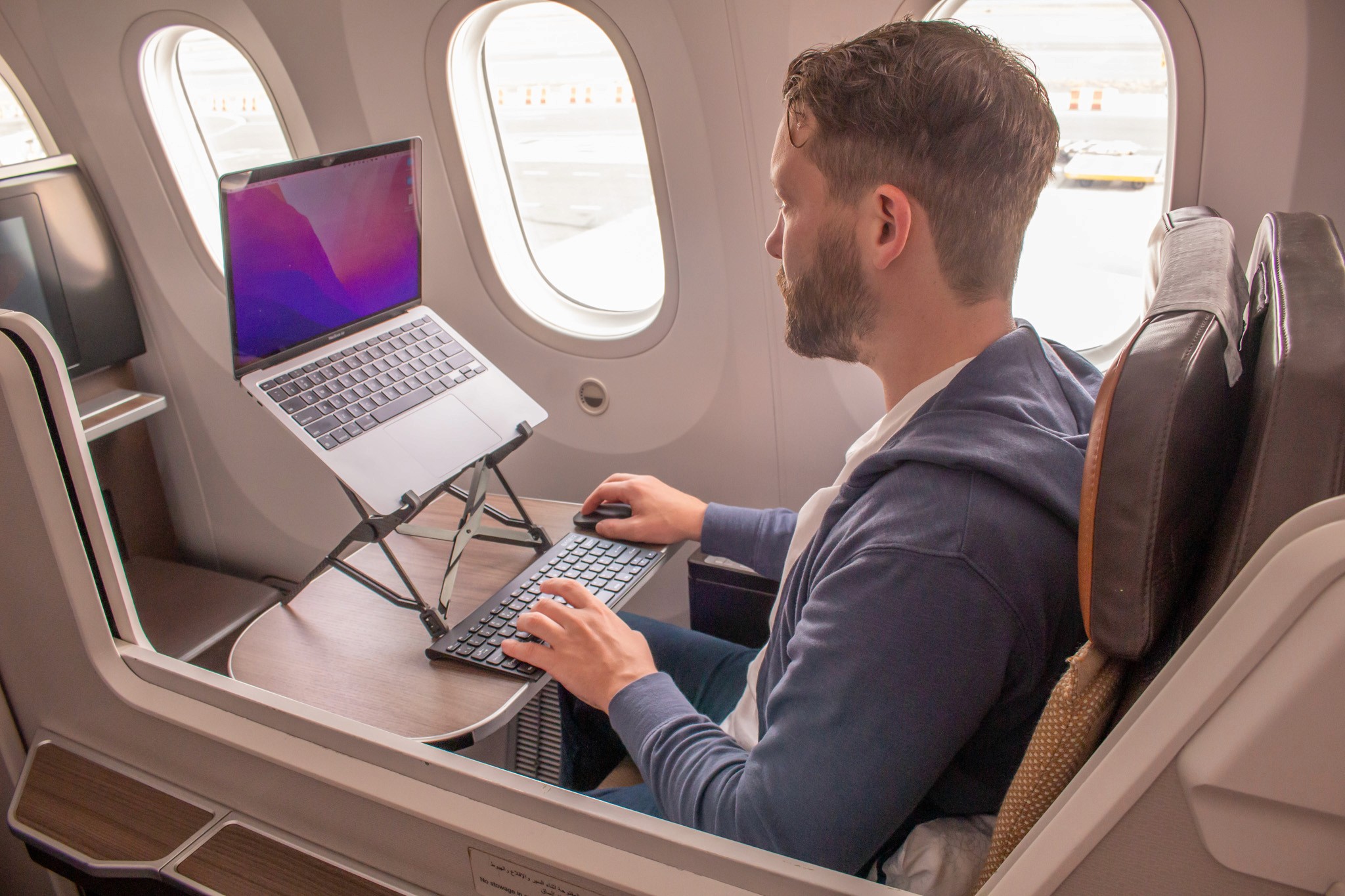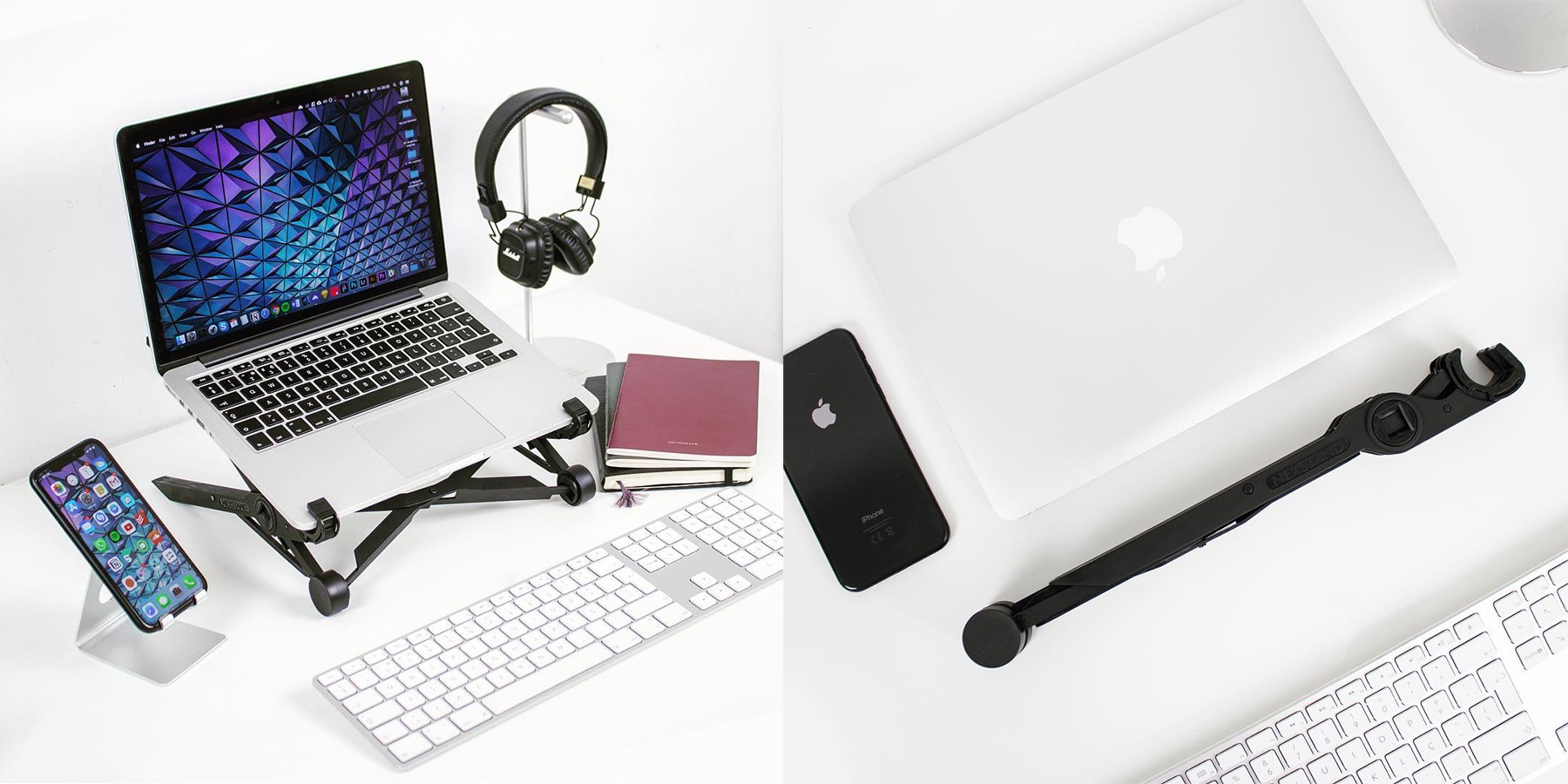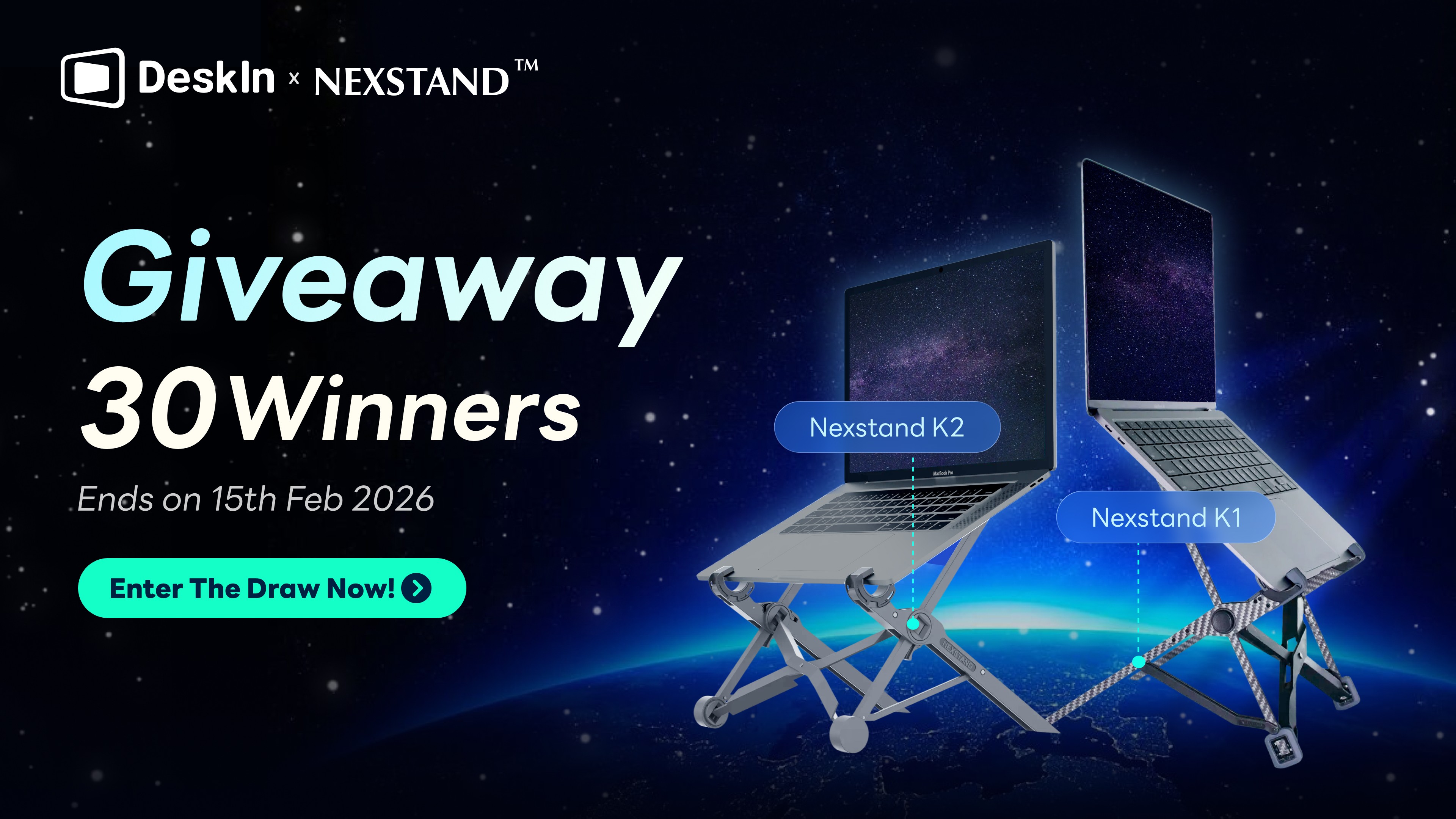遠端桌面協定 (RDP) 是廣泛使用的遠端存取工具,但也成為網路攻擊的主要目標。隨著遠端工作和跨區域協作的普及,確保 RDP 連線安全比以往任何時候都更加重要。未受保護的 RDP 連線可能成為勒索軟體、資料外洩和未經授權存取的入口。
無論您是普通用戶還是 IT 管理員,了解如何保護 RDP 連線在當今數位環境中都至關重要。本文將探討如何強化 RDP 安全性,從基本設定技巧到進階防護措施。如果您想尋找傳統 RDP 的替代方案,我們也將介紹 DeskIn——提供安全且易用的遠端存取解決方案。
什麼是 RDP 安全性?為何它如此重要?
RDP (遠端桌面協定) 是微軟開發的協定,允許使用者透過網路連線遠端存取另一台電腦。它被 IT 管理員和遠端工作者廣泛用於管理伺服器、工作站和其他系統。然而,雖然 RDP 提供了便利性,但RDP 安全嗎?答案是:如果沒有正確設定,它會帶來重大的安全風險。
RDP 安全性指的是保護遠端桌面連線免受未經授權存取、資料外洩和其他網路威脅的措施。在遠端工作環境中,確保 RDP 安全性尤其重要,因為攻擊面大幅擴展。若未妥善保護,RDP 連線可能成為攻擊者的入口,使敏感資料和系統暴露於惡意攻擊之下。
不安全 RDP 連線的主要風險
雖然 RDP 是寶貴的遠端存取工具,但若未妥善保護,將帶來重大風險。防護不足的 RDP 連線可能導致各種網路威脅,包括資料外洩、未經授權存取,甚至是勒索軟體攻擊。那麼,沒有適當保護措施的遠端桌面安全性如何?現實是:它一點都不安全,因此必須實施最佳實踐來保護 RDP 並降低這些風險。
以下是與不安全 RDP 連線相關的主要風險:
弱密碼
RDP 會話經常成為暴力破解攻擊的目標,攻擊者嘗試猜測弱密碼或常見密碼。若未使用強密碼,攻擊者可能輕易存取系統。
公共網路漏洞
在未受保護或公共網路(如咖啡廳的免費 Wi-Fi)上使用 RDP,可能讓駭客攔截您的連線並竊取敏感資訊。
缺乏加密
若 RDP 流量未加密,遠端電腦與主機之間交換的資料可能被攻擊者攔截,導致潛在的資料外洩。
預設連接埠暴露
RDP 通常使用連接埠 3389,且經常對外開放,使網路犯罪分子容易找到並攻擊暴露在網際網路上的 RDP 服務。
認證機制不足
若未啟用多因素認證 (MFA),僅憑密碼即可存取的 RDP 安全性將大打折扣。
軟體未更新
RDP 軟體和底層作業系統可能包含漏洞,攻擊者可加以利用。未安裝修補程式和更新會使系統暴露於風險中。
透過識別這些風險並實施適當的安全措施,您可以大幅降低遭受 RDP 相關攻擊的機會。請記住,遠端桌面的安全性完全取決於您如何設定和維護連線。若未解決這些漏洞,您可能為毀滅性的網路攻擊敞開大門。
保護 RDP 連線的最佳實踐
保護 RDP (遠端桌面協定) 連線對於防止未經授權存取和網路攻擊至關重要。透過遵循一系列最佳實踐,無論您是在家中或辦公室環境中遠端連線,都能顯著提升 RDP 設定的安全性。以下是有效保護 RDP 的方法。
👀 延伸閱讀:
1. 啟用網路層級驗證 (NLA)
作用:NLA 要求使用者在建立 RDP 會話前先通過驗證,確保只有授權使用者能存取系統。
重要性:這為系統增添額外保護層,即使攻擊者猜測或破解密碼,也無法存取系統。
2. 使用強密碼與多因素認證 (MFA)
作用:強密碼應包含大小寫字母、數字和符號。MFA 透過要求第二種識別形式(如發送到手機的驗證碼)來增加安全性。
重要性:僅靠密碼容易被破解。MFA 能大幅降低未經授權存取的風險,是遠端工作安全最佳實踐中不可或缺的一環。
3. 限制特定 IP 位址存取
作用:僅允許已知 IP 位址存取,可防止未經授權的裝置嘗試連線到您的 RDP 會話。
重要性:確保只有受信任的位置能建立 RDP 連線,降低暴力破解攻擊等風險。
4. 使用 VPN 增強安全性
作用:虛擬私人網路 (VPN) 會加密您的網路流量(包括 RDP 連線),並隱藏 IP 位址,使攻擊者更難攔截通訊。
重要性:在家中或公共網路上存取 RDP 時,使用 VPN 可確保連線安全且私密,保護敏感資料免於被竊聽。
5. 定期更新 RDP 軟體與作業系統
作用:保持 RDP 和作業系統更新,可修補已知漏洞並防範最新的安全威脅。
重要性:網路犯罪分子常利用過時軟體發動攻擊。定期更新能預防此類攻擊,確保遠端桌面安全。
透過這些步驟,您能掌握 RDP 安全性,保護系統免受未經授權存取、資料外洩和網路攻擊。無論您是想在家中或企業環境中保護 RDP,這些措施都至關重要。
進階 RDP 安全措施
若想進一步提升 RDP 安全性,可實施以下進階措施,提供更強大的防禦以抵禦網路威脅:
使用防火牆控制 RDP 存取:僅允許受信任 IP 的 RDP 流量,阻擋未經授權的連線。
變更預設 RDP 連接埠 (3389):修改預設連接埠,使攻擊者更難鎖定您的 RDP 服務。
實施帳戶鎖定政策:在多次登入失敗後自動鎖定帳戶,防止暴力破解攻擊。
監控 RDP 存取記錄:定期檢查存取記錄,偵測可疑活動(如登入失敗或未經授權的連線)。
確保使用強加密協定:確認 RDP 使用強加密(如 TLS)來保護遠端會話中傳輸的資料。
📌 小技巧:如何檢查 RDP 加密等級?
為確保 RDP 連線安全,請檢查會話的加密設定,確認其使用 TLS 等強加密協定——這是最被廣泛推薦的安全連線方式。
RDP的最佳替代品:使用 DeskIn 實現更安全的遠端存取
雖然傳統 RDP 安全措施很重要,但您可以使用 DeskIn 將遠端存取安全性提升到新境界。它是現代化、安全且用戶友好的替代方案,消除了傳統 RDP 設定的許多風險。透過提供增強的安全層和簡化設定流程,DeskIn 確保您的遠端桌面存取既安全又易於管理。
📌 DeskIn 的關鍵功能:
無需公共 IP 即可存取:消除將 RDP 服務暴露於公共網際網路的風險。
256位元加密、端到端加密:確保所有連線均加密,保護您的資料。
安全使用者存取控制:可管理裝置的遠端、存取權限,可設定黑白名單
多平台支援 + 檔案傳輸與協作:從任何裝置連線,輕鬆共享檔案或即時協作。
簡易設定(臨時存取代碼或預設密碼):以最小配置快速開始使用 DeskIn。
適合中小企業與遠端工作者:為遠端工作的企業和個人提供安全、經濟高效的解決方案。
使用 DeskIn 遠端控制其他 PC 的簡要步驟(確保 RDP 安全性):
在官網註冊免費 DeskIn 帳號。
選擇臨時代碼或自訂安全密碼來建立安全存取權限。
為所有遠端會話啟用加密以保護資料。
下載 DeskIn 應用程式或使用網頁版安全連線到遠端桌面。
使用內建的檔案傳輸與協作功能提升工作效率。
結論:RDP 安全性不容忽視
保護 RDP 連線對於保護敏感資料和確保安全的遠端工作至關重要。若未採取正確的安全措施,未受保護的 RDP 連線可能使您的網路暴露於未經授權存取、勒索軟體和資料外洩等威脅中。透過實施最佳實踐(如強密碼、網路層級驗證 (NLA) 和多因素認證 (MFA)),您可以大幅降低這些風險,確保遠端桌面存取的安全性。
然而,對於尋求更安全、用戶友好解決方案的人來說,DeskIn 提供了傳統 RDP 的強大替代方案。DeskIn 簡化了遠端桌面體驗,同時提供增強的安全功能,如端到端加密、無需暴露公共 IP,以及嚴格的存取控制。無論您是中小企業還是遠端工作者,DeskIn 都能確保您的遠端存取不僅安全,而且高效且易於管理。
遠端桌面協定 (RDP) 是廣泛使用的遠端存取工具,但也成為網路攻擊的主要目標。隨著遠端工作和跨區域協作的普及,確保 RDP 連線安全比以往任何時候都更加重要。未受保護的 RDP 連線可能成為勒索軟體、資料外洩和未經授權存取的入口。
無論您是普通用戶還是 IT 管理員,了解如何保護 RDP 連線在當今數位環境中都至關重要。本文將探討如何強化 RDP 安全性,從基本設定技巧到進階防護措施。如果您想尋找傳統 RDP 的替代方案,我們也將介紹 DeskIn——提供安全且易用的遠端存取解決方案。
什麼是 RDP 安全性?為何它如此重要?
RDP (遠端桌面協定) 是微軟開發的協定,允許使用者透過網路連線遠端存取另一台電腦。它被 IT 管理員和遠端工作者廣泛用於管理伺服器、工作站和其他系統。然而,雖然 RDP 提供了便利性,但RDP 安全嗎?答案是:如果沒有正確設定,它會帶來重大的安全風險。
RDP 安全性指的是保護遠端桌面連線免受未經授權存取、資料外洩和其他網路威脅的措施。在遠端工作環境中,確保 RDP 安全性尤其重要,因為攻擊面大幅擴展。若未妥善保護,RDP 連線可能成為攻擊者的入口,使敏感資料和系統暴露於惡意攻擊之下。
不安全 RDP 連線的主要風險
雖然 RDP 是寶貴的遠端存取工具,但若未妥善保護,將帶來重大風險。防護不足的 RDP 連線可能導致各種網路威脅,包括資料外洩、未經授權存取,甚至是勒索軟體攻擊。那麼,沒有適當保護措施的遠端桌面安全性如何?現實是:它一點都不安全,因此必須實施最佳實踐來保護 RDP 並降低這些風險。
以下是與不安全 RDP 連線相關的主要風險:
弱密碼
RDP 會話經常成為暴力破解攻擊的目標,攻擊者嘗試猜測弱密碼或常見密碼。若未使用強密碼,攻擊者可能輕易存取系統。
公共網路漏洞
在未受保護或公共網路(如咖啡廳的免費 Wi-Fi)上使用 RDP,可能讓駭客攔截您的連線並竊取敏感資訊。
缺乏加密
若 RDP 流量未加密,遠端電腦與主機之間交換的資料可能被攻擊者攔截,導致潛在的資料外洩。
預設連接埠暴露
RDP 通常使用連接埠 3389,且經常對外開放,使網路犯罪分子容易找到並攻擊暴露在網際網路上的 RDP 服務。
認證機制不足
若未啟用多因素認證 (MFA),僅憑密碼即可存取的 RDP 安全性將大打折扣。
軟體未更新
RDP 軟體和底層作業系統可能包含漏洞,攻擊者可加以利用。未安裝修補程式和更新會使系統暴露於風險中。
透過識別這些風險並實施適當的安全措施,您可以大幅降低遭受 RDP 相關攻擊的機會。請記住,遠端桌面的安全性完全取決於您如何設定和維護連線。若未解決這些漏洞,您可能為毀滅性的網路攻擊敞開大門。
保護 RDP 連線的最佳實踐
保護 RDP (遠端桌面協定) 連線對於防止未經授權存取和網路攻擊至關重要。透過遵循一系列最佳實踐,無論您是在家中或辦公室環境中遠端連線,都能顯著提升 RDP 設定的安全性。以下是有效保護 RDP 的方法。
👀 延伸閱讀:
1. 啟用網路層級驗證 (NLA)
作用:NLA 要求使用者在建立 RDP 會話前先通過驗證,確保只有授權使用者能存取系統。
重要性:這為系統增添額外保護層,即使攻擊者猜測或破解密碼,也無法存取系統。
2. 使用強密碼與多因素認證 (MFA)
作用:強密碼應包含大小寫字母、數字和符號。MFA 透過要求第二種識別形式(如發送到手機的驗證碼)來增加安全性。
重要性:僅靠密碼容易被破解。MFA 能大幅降低未經授權存取的風險,是遠端工作安全最佳實踐中不可或缺的一環。
3. 限制特定 IP 位址存取
作用:僅允許已知 IP 位址存取,可防止未經授權的裝置嘗試連線到您的 RDP 會話。
重要性:確保只有受信任的位置能建立 RDP 連線,降低暴力破解攻擊等風險。
4. 使用 VPN 增強安全性
作用:虛擬私人網路 (VPN) 會加密您的網路流量(包括 RDP 連線),並隱藏 IP 位址,使攻擊者更難攔截通訊。
重要性:在家中或公共網路上存取 RDP 時,使用 VPN 可確保連線安全且私密,保護敏感資料免於被竊聽。
5. 定期更新 RDP 軟體與作業系統
作用:保持 RDP 和作業系統更新,可修補已知漏洞並防範最新的安全威脅。
重要性:網路犯罪分子常利用過時軟體發動攻擊。定期更新能預防此類攻擊,確保遠端桌面安全。
透過這些步驟,您能掌握 RDP 安全性,保護系統免受未經授權存取、資料外洩和網路攻擊。無論您是想在家中或企業環境中保護 RDP,這些措施都至關重要。
進階 RDP 安全措施
若想進一步提升 RDP 安全性,可實施以下進階措施,提供更強大的防禦以抵禦網路威脅:
使用防火牆控制 RDP 存取:僅允許受信任 IP 的 RDP 流量,阻擋未經授權的連線。
變更預設 RDP 連接埠 (3389):修改預設連接埠,使攻擊者更難鎖定您的 RDP 服務。
實施帳戶鎖定政策:在多次登入失敗後自動鎖定帳戶,防止暴力破解攻擊。
監控 RDP 存取記錄:定期檢查存取記錄,偵測可疑活動(如登入失敗或未經授權的連線)。
確保使用強加密協定:確認 RDP 使用強加密(如 TLS)來保護遠端會話中傳輸的資料。
📌 小技巧:如何檢查 RDP 加密等級?
為確保 RDP 連線安全,請檢查會話的加密設定,確認其使用 TLS 等強加密協定——這是最被廣泛推薦的安全連線方式。
RDP的最佳替代品:使用 DeskIn 實現更安全的遠端存取
雖然傳統 RDP 安全措施很重要,但您可以使用 DeskIn 將遠端存取安全性提升到新境界。它是現代化、安全且用戶友好的替代方案,消除了傳統 RDP 設定的許多風險。透過提供增強的安全層和簡化設定流程,DeskIn 確保您的遠端桌面存取既安全又易於管理。
📌 DeskIn 的關鍵功能:
無需公共 IP 即可存取:消除將 RDP 服務暴露於公共網際網路的風險。
256位元加密、端到端加密:確保所有連線均加密,保護您的資料。
安全使用者存取控制:可管理裝置的遠端、存取權限,可設定黑白名單
多平台支援 + 檔案傳輸與協作:從任何裝置連線,輕鬆共享檔案或即時協作。
簡易設定(臨時存取代碼或預設密碼):以最小配置快速開始使用 DeskIn。
適合中小企業與遠端工作者:為遠端工作的企業和個人提供安全、經濟高效的解決方案。
使用 DeskIn 遠端控制其他 PC 的簡要步驟(確保 RDP 安全性):
在官網註冊免費 DeskIn 帳號。
選擇臨時代碼或自訂安全密碼來建立安全存取權限。
為所有遠端會話啟用加密以保護資料。
下載 DeskIn 應用程式或使用網頁版安全連線到遠端桌面。
使用內建的檔案傳輸與協作功能提升工作效率。
結論:RDP 安全性不容忽視
保護 RDP 連線對於保護敏感資料和確保安全的遠端工作至關重要。若未採取正確的安全措施,未受保護的 RDP 連線可能使您的網路暴露於未經授權存取、勒索軟體和資料外洩等威脅中。透過實施最佳實踐(如強密碼、網路層級驗證 (NLA) 和多因素認證 (MFA)),您可以大幅降低這些風險,確保遠端桌面存取的安全性。
然而,對於尋求更安全、用戶友好解決方案的人來說,DeskIn 提供了傳統 RDP 的強大替代方案。DeskIn 簡化了遠端桌面體驗,同時提供增強的安全功能,如端到端加密、無需暴露公共 IP,以及嚴格的存取控制。無論您是中小企業還是遠端工作者,DeskIn 都能確保您的遠端存取不僅安全,而且高效且易於管理。





![RDP 安全性指南:保護遠端桌面連線的安全 [技巧與替代方案]](https://framerusercontent.com/images/mPZhjTWTbTw2OAEIc4ATm5l54w.jpg?width=6720&height=4480)

